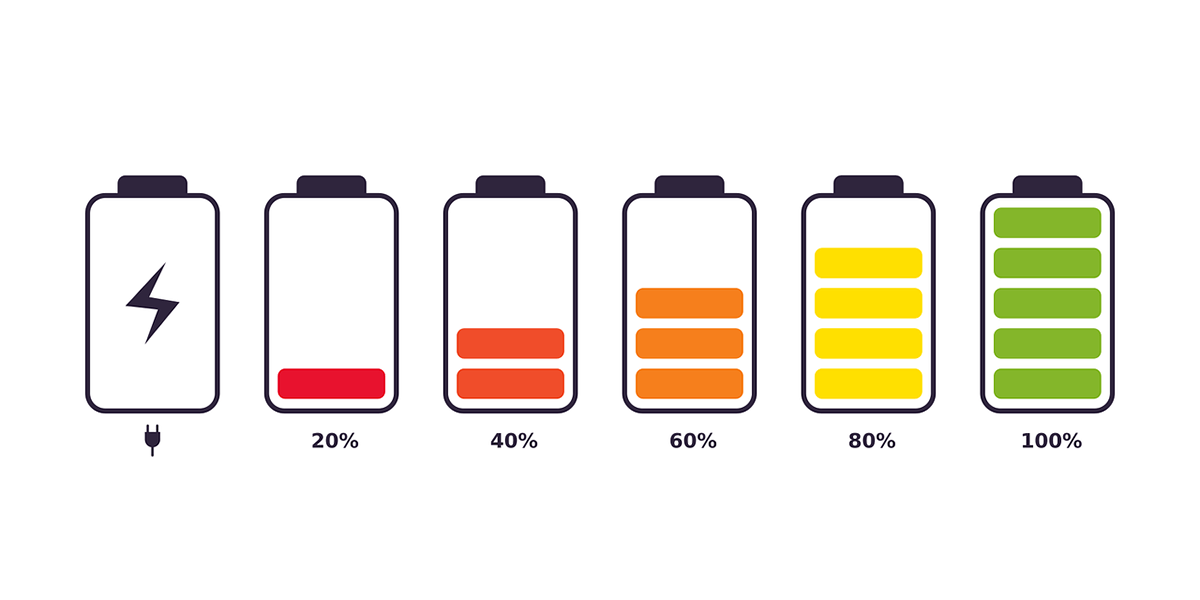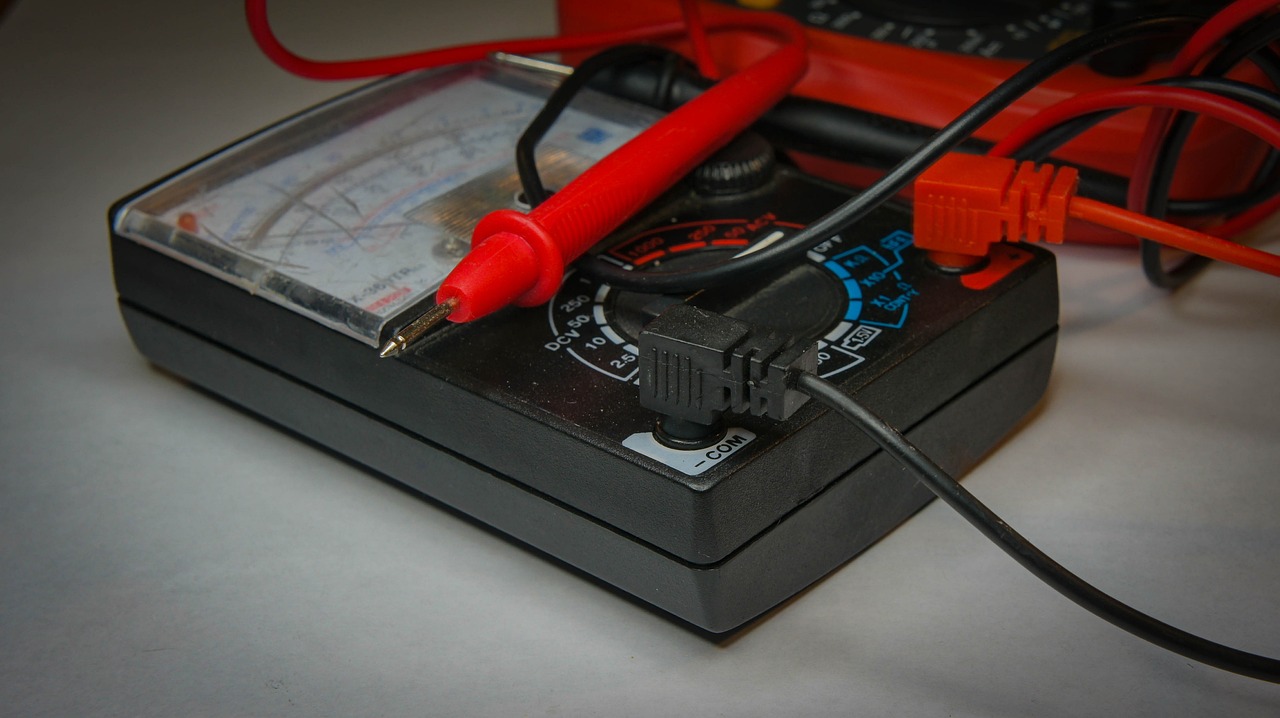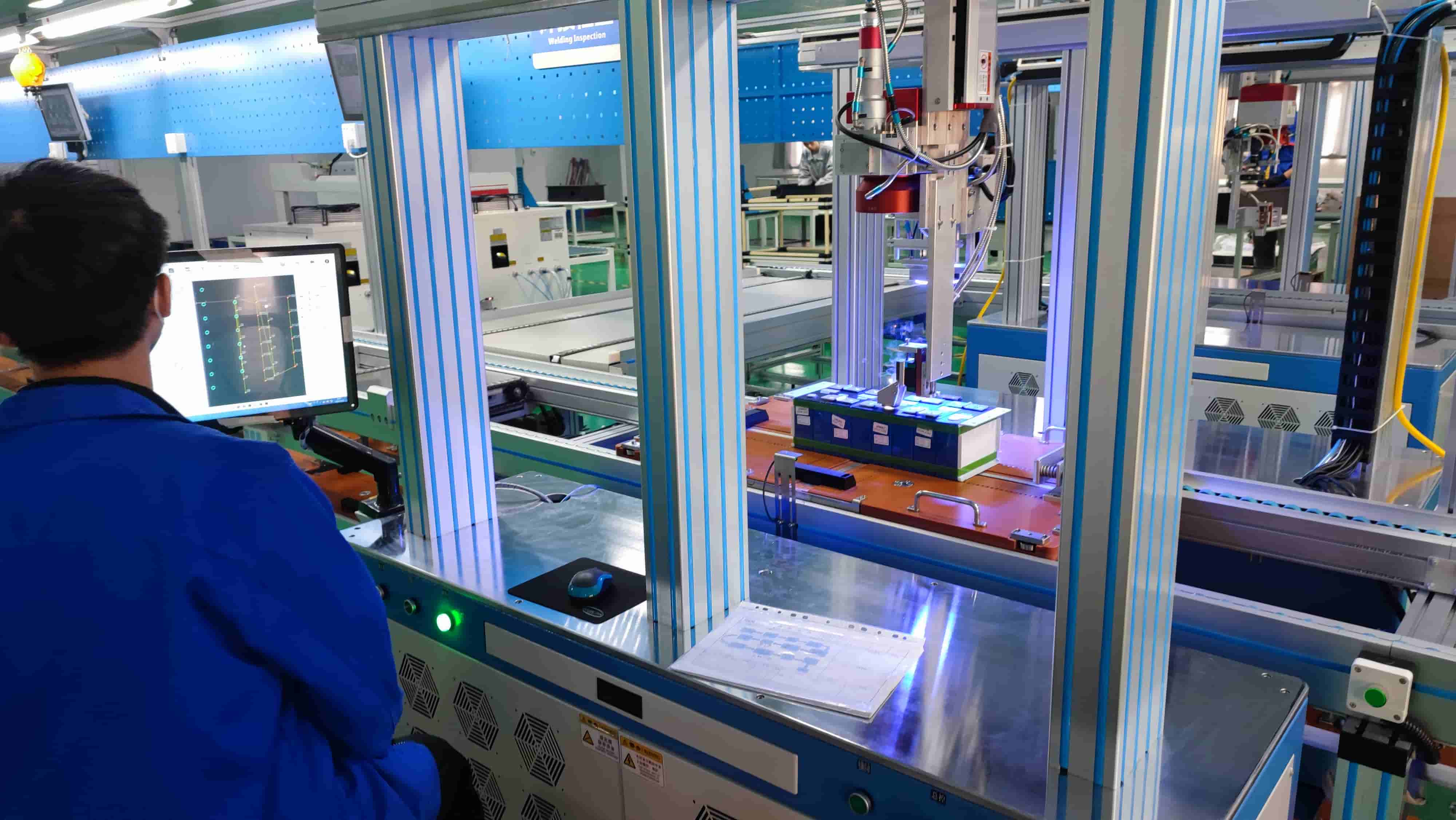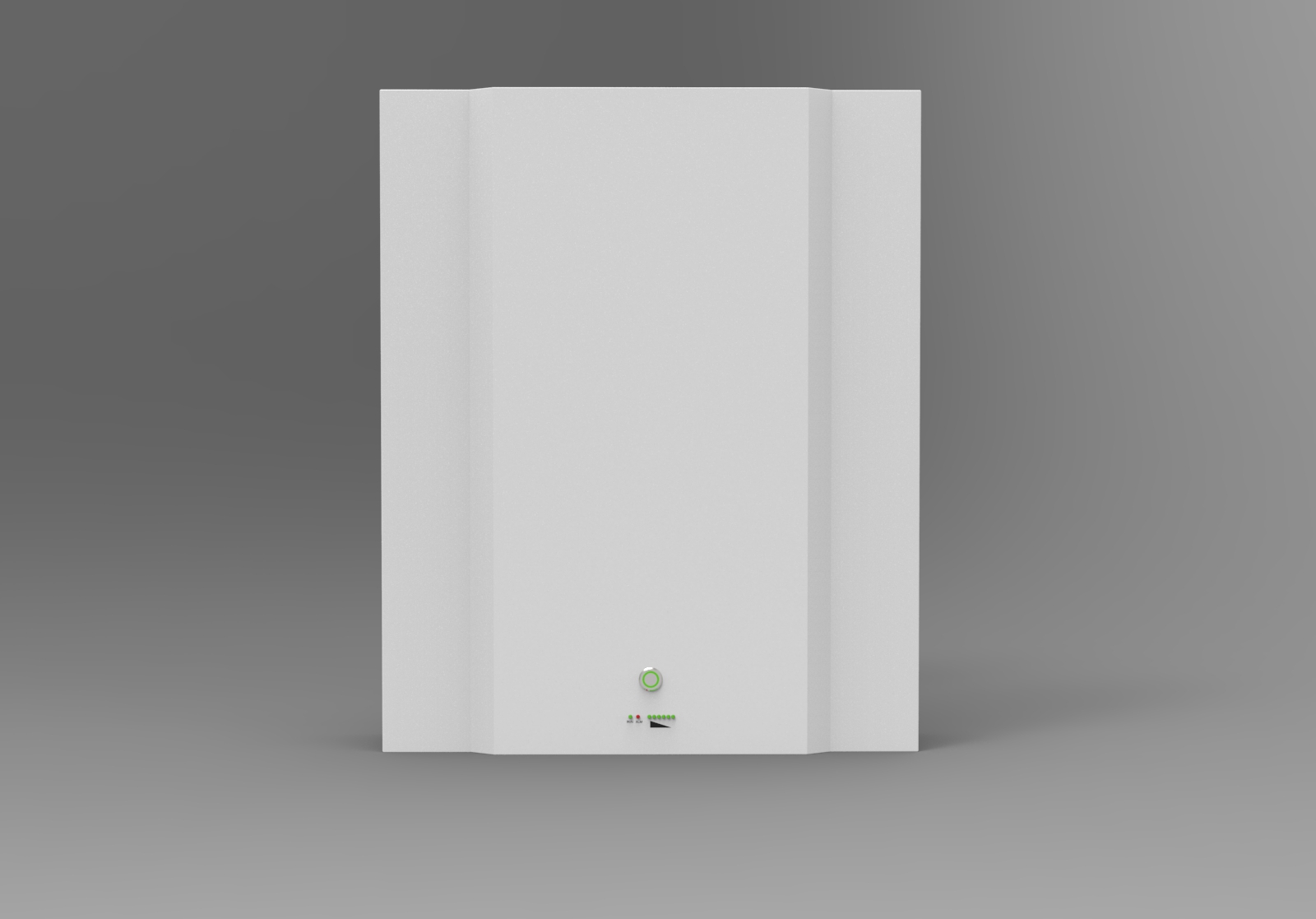How to Test Lithium-ion Battery Capacity?

During the use of the battery, some people inadvertently found that the duration of the battery is shorter than expected, but most people don't pay much attention to it. However, the wrong battery capacity is not only related to the user experience but also has safety hazards such as explosions.
In this blog, I will tell you how to test lithium ion battery capacity to prolong the battery life. In addition, I will also analyze the factors that affect the test results together to help everyone achieve accurate measurements.
Let us work together to make lithium-ion batteries serve our daily life longer and safer.
How to Choose a Suitable Battery Capacity Tester?
A cell capacity tester is a very important tool to accurately measure battery capacity to ensure battery life and performance. Therefore, when purchasing a battery capacity tester, the priorities in all aspects are: accuracy>function>reliability>price.
Accuracy
The accuracy of the battery capacity tester is an important indicator to measure its accuracy, so when purchasing, pay attention to choosing products with higher accuracy.
Function
Generally speaking, a battery capacity tester with more powerful functions is required, but the price will be higher, so the demand should also be considered when purchasing, and the appropriate function should be selected.
Reliability
Higher quality products will be more reliable and have a longer service life.
Price
The price of a more powerful battery capacity tester will be higher, so you should also consider your budget when purchasing and choose the right price.
How to Test Lithium ion Battery Capacity:
(1) Multimeter test method:

The capacity of a lithium-ion battery refers to the amount of electricity it can hold, and the unit is usually "Ampere Hour" or "mAh". For example, the capacity of lithium-ion batteries is 500mAh, which means that if the current of the battery is 10mA, it can work continuously for 50 hours.
Lithium-ion batteries are generally tested with a 0.5C discharge:
- Fully charge the battery, the voltage of a single lithium-ion battery after fully charging is 4.2V;
- Use a multimeter to use a lithium-ion battery with a constant current of 0.5C, discharge relative to the battery capacity, and set the termination voltage to 3v;
- Actual battery capacity = discharge current × discharge time.
Therefore, when the discharge time is not enough, the actual battery capacity will not reach the capacity marked on the battery. This is a kind of capacity false label behavior, which is a kind of deception to consumers.
The lithium-ion battery capacity measurement method and battery discharge performance hinoki measurement method are basically the same, there are constant current discharge method, constant resistance discharge method, constant voltage discharge method, fixed voltage, fixed current discharge method, continuous discharge method and intermittent discharge method. According to the discharge time and current size, the capacity of the battery can be calculated.
(2) Other test methods:
Constant current method circuit: The advantage of using this method is that the current is stable during the discharge process, thus the capacity can be easily calculated.
Sorting detection: different types and different degrees of old and new batteries can not be used, so as to avoid overcharging and over-discharging due to the mismatch of battery capacity. In addition, in the battery pack, the overall performance is generally determined by the battery with the worst performance. With regard to primary batteries, capacity testing is destructive, so the consistency of the product can only be maintained through strict production control.
Factors Affecting the Test Results of Lithium-ion Battery Capacity:
#1 Battery status
Newer cells tend to have more consistent performance when tested, while older models often have more impurities and variables that cause test data to fluctuate widely. Therefore, the performance status of the battery itself determines the accuracy of the results.
#2 Pre cycle
To ensure optimal performance of the cells before testing begins, pre-cycling at room temperature is required.
This process typically involves multiple charge-rest-charge-rest cycles, and these successive variations must remain within 3% of the rated capacity limit to ensure accuracy.
#3 Discharge rate
Decreasing or increasing the charge rate will affect the capacity reading of the battery status data differently.
Decreasing the discharge rate will result in a higher peak voltage reading and an increased capacity value while increasing the discharge rate will affect the maximum output current reading and decrease the capacity value.
Therefore, it is necessary to select a suitable discharge rate for testing according to different batteries.
#4 The working voltage of the cell
The capacity of a Li-ion battery depends largely on the operating voltage of individual cells. If the voltage is too low, it will result in a shortened life, poorer performance over time, and lower overall efficiency. This can lead to various problems such as reduced capacity retention, accelerated aging, and ultimately a complete reduction in energy density.
Therefore, by paying close attention to the operating voltage of the Li-ion battery cell, the optimal performance level can be extended during the test period.
#5 Environment temperature
Temperature is a key factor in Li-ion battery capacity testing.
Typically, lithium-ion batteries are tested at room temperature. When lithium-ion battery cells operate at higher temperatures, the chemical reactions inside them tend to speed up and lead to faster capacity loss. Li-ion batteries, on the other hand, experience a more severe drop in performance when they are operated at lower temperatures because it affects their activation potential and makes it more difficult for charge carriers to move freely within the cell.
Therefore, maintaining an optimal temperature is very important to ensure accurate Li-ion battery capacity testing.
#6 Quality of testing equipment
Poor quality test equipment can lead to inaccurate readings or corrupted results, making it impossible to accurately determine the health and capacity of the battery. When testing lithium-ion batteries with reliable equipment, a stable, accurate data set is obtained, allowing necessary decisions and recommendations to be made quickly and efficiently. High-quality testing equipment also allows for a full evaluation of each Li-ion battery, ensuring complete safety for users and the environment.
For these reasons, investing in quality testing equipment is definitely worth the money when it comes to lithium-ion battery capacity testing.
Learn More Top Questions About Lithium Batteries!
How Long Does Our Battery Last?
HARVEYPOW batteries offer the highest standards of energy and efficiency, and these batteries have a life expectancy of 15 years or more. We use CATL cells with cycle times starting at 8,000 cycles, while the life cycle of lead-acid batteries is only about 300-500 cycles.
It is also equipped with intelligent BMS, which monitors the data of the battery pack at any time to prevent accidents such as overcharging, over-discharging and short-circuiting of the battery, and with certain battery maintenance measures, it can also further extend the cycle life of the lithium battery.
Industry Leading - HARVEYPOW Lifepo4 Battery

The main battery styles are: lifepo4 server rack batteries, stacked batteries, and wall-mounted batteries.
Specific applications: including boating, RV, solar, golf cart and custom applications.
HARVEYPOW batteries are premium products that exceed industry standards and go far beyond customer and client expectations. To learn more about our batteries, please feel free to contact us.
